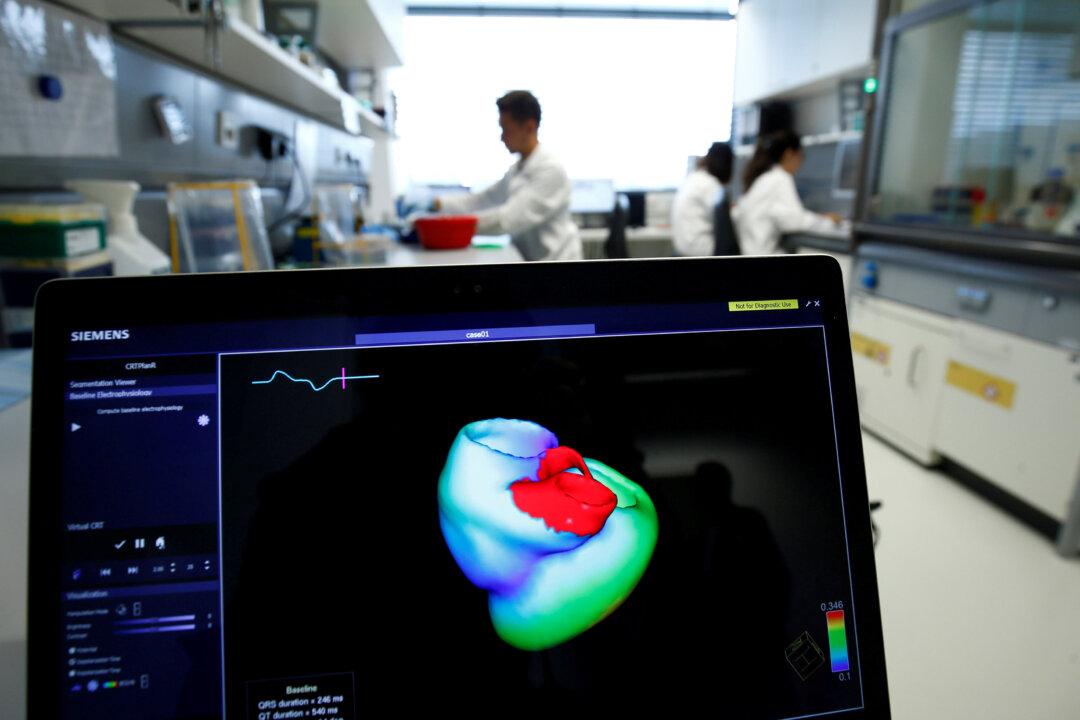Researches from the Peter Doherty Institute and Murdoch Children’s Research Institute are calling for a patient register and control program in Victoria to help reduce morbidity caused by rheumatic heart disease (RHD) and acute rheumatic fever (ARF), according to a new publication.
ARF is an inflammation of the heart, joints, and blood vessels that can arise due to an untreated Streptococcus pyogenes throat infection—ARF usually occurs two to four weeks after infection. The ailment primarily affects people under 40 years of age and can result in RHD if the heart valves are damaged by inflammation.






